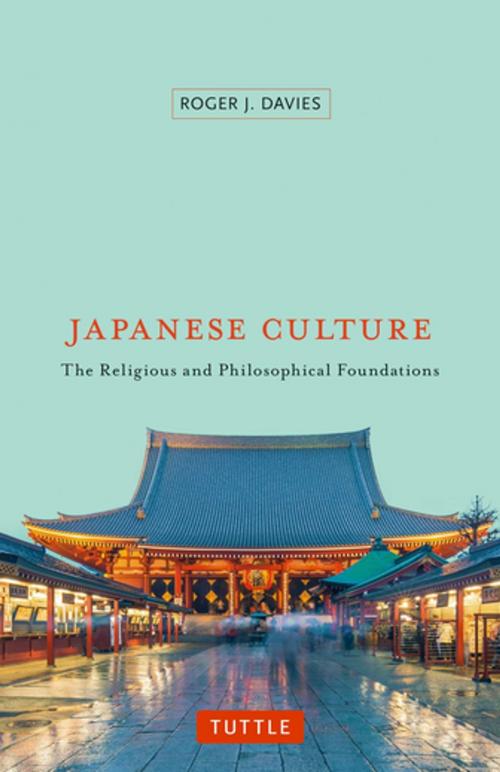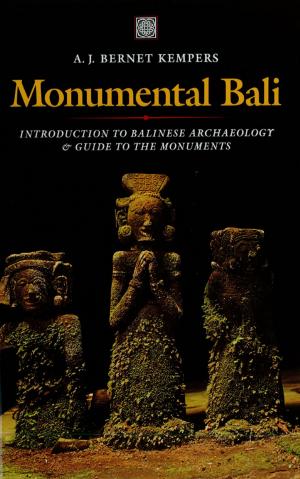Japanese Culture
The Religious and Philosophical Foundations
Nonfiction, Religion & Spirituality, Eastern Religions, Shintoism, Philosophy, Eastern, Social & Cultural Studies, Social Science| Author: | Roger J. Davies | ISBN: | 9781462918836 |
| Publisher: | Tuttle Publishing | Publication: | August 9, 2016 |
| Imprint: | Tuttle Publishing | Language: | English |
| Author: | Roger J. Davies |
| ISBN: | 9781462918836 |
| Publisher: | Tuttle Publishing |
| Publication: | August 9, 2016 |
| Imprint: | Tuttle Publishing |
| Language: | English |
Japanese Culture: The Religious and Philosophical Foundations takes readers on a thoroughly researched and extremely readable journey through Japan's cultural history.
This much-anticipated sequel to Roger Davies's best-selling The Japanese Mind provides a comprehensive overview of the religion and philosophy of Japan. This cultural history of Japan explains the diverse cultural traditions that underlie modern Japan and offers readers deep insights into Japanese manners and etiquette.
Davies begins with an investigation of the origins of the Japanese, followed by an analysis of the most important approaches used by scholars to describe the essential elements of Japanese culture. From there, each chapter focuses on one of the formative elements: Shintoism, Buddhism, Taoism, Zen, Confucianism, and Western influences in the modern era.
Each chapter is concluded with extensive endnotes along with thought-provoking discussion activities, making this volume ideal for individual readers and for classroom instruction. Anyone interested in pursuing a deeper understanding of this complex and fascinating nation will find Davies's work an invaluable resource.
Japanese Culture: The Religious and Philosophical Foundations takes readers on a thoroughly researched and extremely readable journey through Japan's cultural history.
This much-anticipated sequel to Roger Davies's best-selling The Japanese Mind provides a comprehensive overview of the religion and philosophy of Japan. This cultural history of Japan explains the diverse cultural traditions that underlie modern Japan and offers readers deep insights into Japanese manners and etiquette.
Davies begins with an investigation of the origins of the Japanese, followed by an analysis of the most important approaches used by scholars to describe the essential elements of Japanese culture. From there, each chapter focuses on one of the formative elements: Shintoism, Buddhism, Taoism, Zen, Confucianism, and Western influences in the modern era.
Each chapter is concluded with extensive endnotes along with thought-provoking discussion activities, making this volume ideal for individual readers and for classroom instruction. Anyone interested in pursuing a deeper understanding of this complex and fascinating nation will find Davies's work an invaluable resource.















